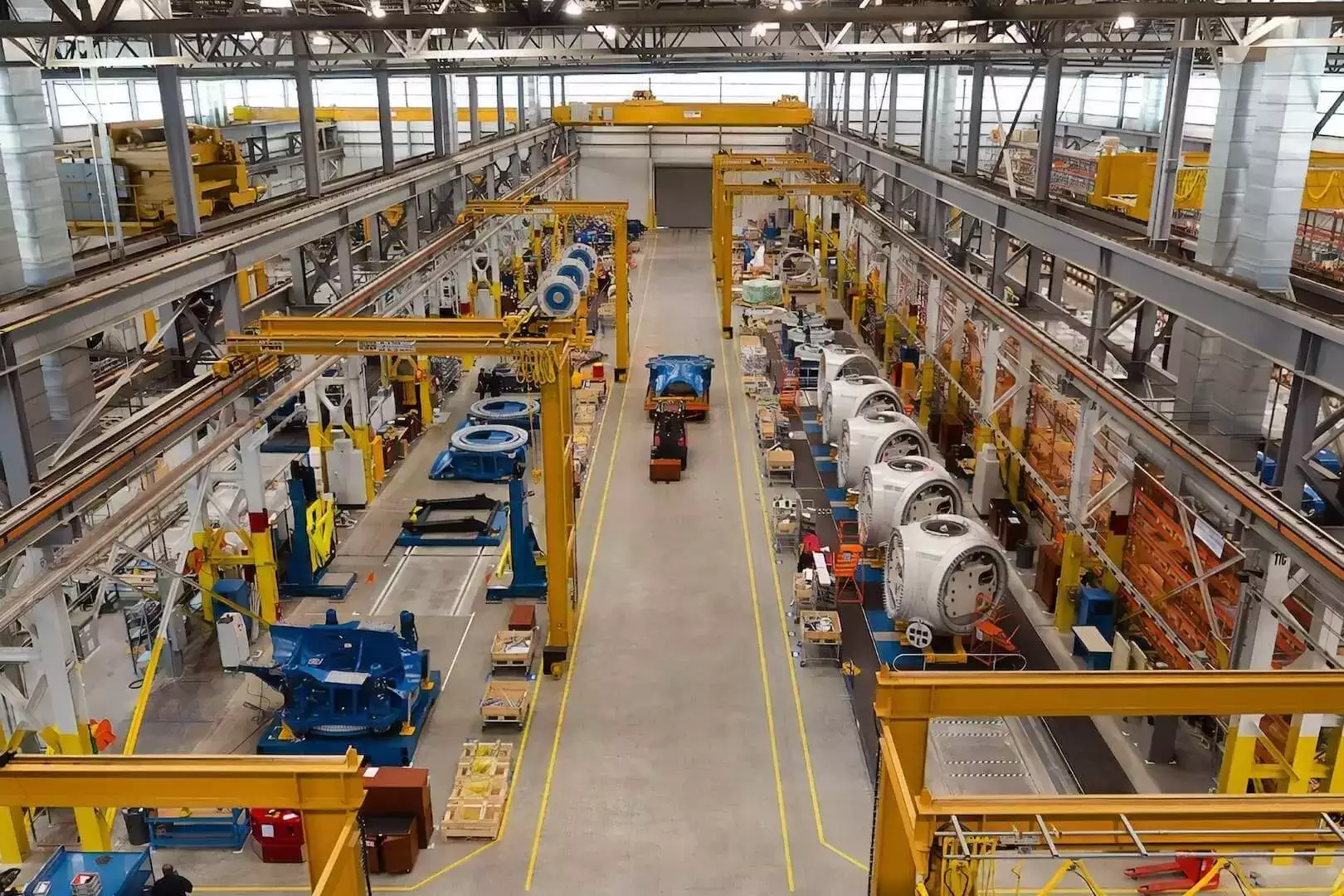 Industrial smart cities – pivot point in reshaping India's manufacturing future
Industrial smart cities – pivot point in reshaping India's manufacturing futureBharat’s strategic pursuit to become the world’s third-largest economy is driven by formidable fundamentals. Anchored firmly in the Prime Minister’s vision of Viksit Bharat, this ambition leverages a dynamic 1.4 billion-strong population with a median age of 28.4 years, a cutting-edge public digital infrastructure that has delivered societal transformation, policies fostering financial inclusion and good governance - all sparking a surge in entrepreneurial spirit and innovation. This in turn is generating a national mood which is bold, proud of its roots and ready to reclaim India’s rightful place in global order.
The foundation of Viksit Bharat has to be tethered on a robust manufacturing system that is globally competitive, inclusive, agile and can be a trusted choice for global and local entrepreneurs. Recognizing this necessity, Government has proactively initiated the “Make in India”, “Skill India”, “Production Linked Incentive” “Ease of Doing Business” and many other similar measures which are bound to energize and rewrite the contours of Indian Manufacturing, realizing our dream to Make for India and Make for the world.
Today's industries and entrepreneurs grapple with a maze of complex regulations, time-consuming multi-agency approvals that delay projects and create challenges in accessing skilled labour. There are also hurdles in securing efficient public transportation, robust digital connectivity, proximity to healthcare facilities and skilling and technical training centres. Additionally, seamless connections to railways, ports, highways, and nearby warehousing facilities are often lacking, further impacting manufacturing competitiveness.
In this direction, the recent announcement of 12 industrial smart cities project by Government of India, will revolutionize India’s industrial landscape. The location of these cities is strategically planned and strings high growth corridors across the country.
Notably, these corridors will include state-of-the-art physical infrastructure and the integration of smart technologies that provide the industry with the ability to 'plug-n-play'. They will be supported by robust & seamless multi-modal transportation networks involving road, rail, and port linkages as well as last mile connectivity thus ensuring efficient and environment friendly industrial operations.
Further, each of these cities will be reasonably sized covering an area of 8000+ acres with dedicated land for industries, residential and commercial establishments and public spaces, along with access to power, underground digital and electrical lines, on-site sewage treatment plants, skill development infrastructure making them truly integrated. Special structures will be created with participation from the state and central government which are then entrusted with powers to offer many of the critical approvals and clearances, thus ushering in ease of doing business on the ground.
These cities not only energize industrial growth but also play a vital role in driving the socio-economic development of their regions. By easing the burden on nearby metropolitan areas, these cities will promote the quality of life for citizens through planned urbanization. In addition, by establishing residential areas near workplaces will help to cut down commute time and promote a ‘walk to work’ concept. These smart industrial cities will thus help in creating employment to India’s aspiring youth in a structured and sustainable way
The expansion of Toyota Kirloskar Motor (TKM) over the last 25 years of its India journey is a case in this point. The company owes its success to the support received from both the Government of India and Karnataka. As a part of the next phase of growth, TKM has begun its work on its third plant at Karnataka with a capacity of 100,000 units per annum. The company has recently signed a Memorandum of Understanding (MoU) with the Government of Maharashtra to explore the setting up of a Green Field Manufacturing Facility at Chhatrapati Sambhaji Nagar. Being part of Aurangabad Industrial City (AURIC), one of the four completed industrial smart cities, TKM expects to benefit from the 'plug and play infrastructure' and expedited clearances that AURIC offers.
TKM’s exploration of AURIC for its next manufacturing facility reaffirms the vision of the Government and gives comfort to the industries that such industrial cities hold a lot of potential.
Looking ahead, the concept of industrial smart cities, combined with strong government policy support, represents a powerful convergence of vision and opportunity. This synergy will accelerate India's efforts towards meeting its economic targets, paving the way for a Viksit and Samrudh Bharat that will drive India’s growth for decades to come.
